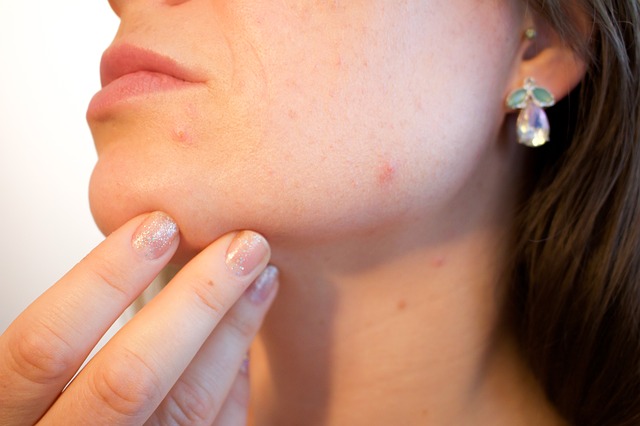Let’s talk about what health truly is and how understanding its different components can help you. To start, ask yourself this: When was the last time you went out for a simple 30-minute walk? That single act is a cornerstone of a concept much larger and more intricate than many of us realize. Health isn’t just not having a cough or nausea; it’s a complete state of physical, mental, and social well-being.
Our bodies are complex systems, governed by our unique DNA and maintained by a delicate balance of internal processes. Physical health involves everything from the strength of our abdominals and other muscles to the unseen workings of our arteries and veins. Nutrition plays a vital role, managed by understanding carbohydrate, fats, and fiber intake. A dietitian can help with this, creating plans that prevent conditions like hyperglycemia (high blood sugar), which, if left unchecked, could lead to serious issues like ketoacidosis or nephropathy. The gastric juices in our stomach, the saliva in our mouth, and even the function of our involuntary muscle groups are all part of this complex machine.
Our immune system is our personal defense force, constantly battling invaders like a rhinovirus or other viruses. When it overreacts to harmless substances like pollen or dust mites, we experience an allergy. This involves the release of histamine, causing symptoms from congestion and sternutation (sneezing) to more severe conditions like allergy-triggered asthma. To diagnose these issues, a doctor might recommend a skin test or a complete blood count (cbc). For persistent conditions, a specialist like a rheumatologist for arthritis or an oncologist for more serious concerns may be necessary.
Specialized care is crucial for maintaining different parts of our body. An ophthalmologist checks for nearsightedness and conditions like retinopathy, and can fit you for contact lenses to correct vision. Dental health, overseen by an orthodontist, involves preventing gingivitis and plaque buildup. Issues within the ear, like otitis media (middle ear infection) or tinnitus (ringing in the ears), involve delicate structures like the eardrum, cochlea, and the eustachian tube. Even a simple yawn is a complex physiological response! Sometimes, health issues require direct intervention, from taking antibiotics or using a nebulizer to needing a suture for a cut or undergoing a major operation in an intensive care unit.
However, true health extends beyond the purely medical. It encompasses our mental and emotional state, including managing depression and feeling confident. This aspect of well-being acknowledges that how we see ourselves is a crucial part of our overall health. Feeling good in your own skin contributes significantly to a positive outlook. This is where aesthetic and restorative care can play a role. For instance, clinics like Simcoe Cosmetic Clinic focus on treatments that help align a person’s outer appearance with their inner sense of self, boosting confidence and contributing to a more holistic sense of well-being. This can be just as important as the work of an occupational therapist who helps you regain function after an injury.
Ultimately, achieving good health is a lifelong journey of making positive choices. It’s about listening to your body, seeking professional advice when needed—whether from a cardiologist for your heart or a social worker for support—and understanding that every part of you, from your cerebral cortex to your navel, is connected. So, take that walk, eat a balanced meal, and remember that investing in your well-being is the most important thing you can do.


